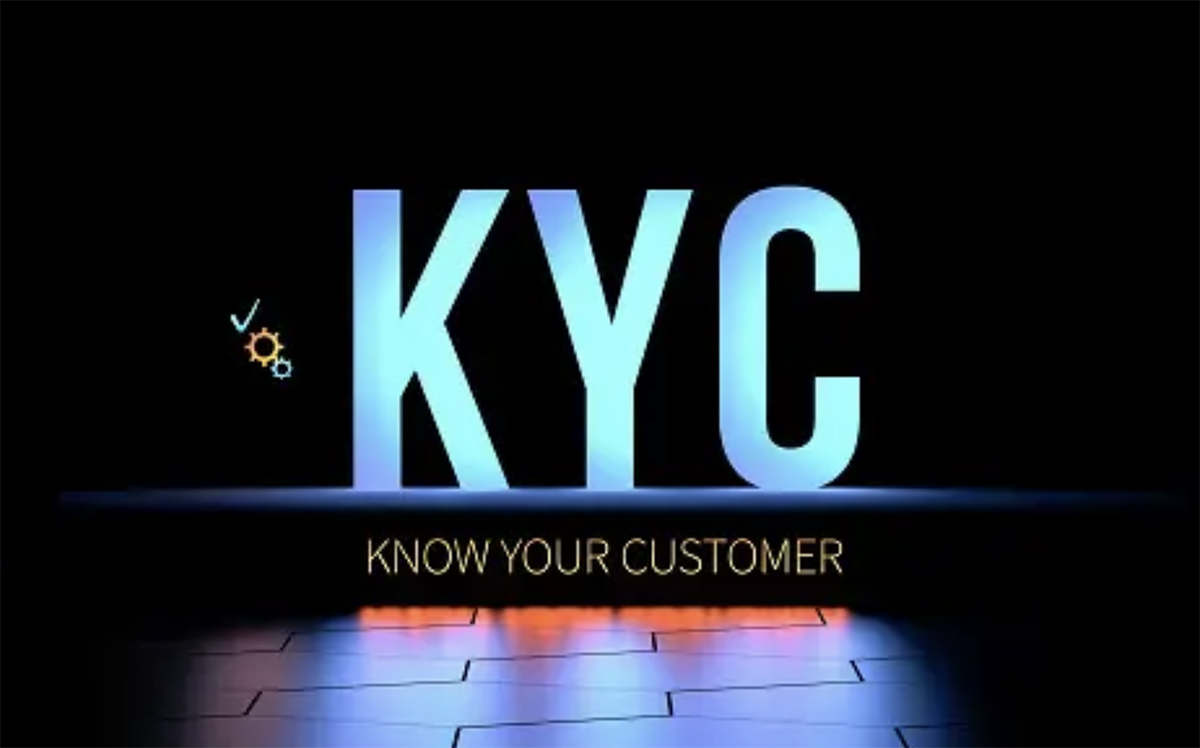What is KYC Policy?
Know Your Customer (KYC) is a standard in the finance industry that ensures investment advisors, banks, and other financial institutions verify the identity, suitability, and risks involved with maintaining a business relationship with their clients. The KYC process involves collecting and verifying personal identification data, understanding the nature of the client’s activities (to ensure that the funds and assets they manage are not being used for money laundering, terrorism, or other illegal activities), and assessing their risk tolerance, financial position, and financial goals.
KYC’s Role in Financial Security
The primary aim of KYC policies is to prevent identity theft, financial fraud, money laundering, and terrorist financing. By ensuring that banks and financial institutions know with whom they are dealing, KYC policies add a crucial layer of security that safeguards the financial system’s integrity and the individual assets of clients.
Challenges Posed by KYC for Heirs of Deceased Users
However, while the KYC policy is vital for financial security, it can sometimes create hurdles for the heirs of deceased users when accessing or claiming their rightful assets. Upon the death of an asset holder, heirs often find themselves navigating a complex and stringent KYC process to prove their identity and their relationship to the deceased. This process can be time-consuming and emotionally taxing, especially during a period of grief.
1. Complex Verification Processes
Heirs may need to provide various documents, including death certificates, wills, legal heir certificates, and sometimes even go through legal processes to establish their claim over the deceased’s assets. The requirement for these documents can vary significantly from one institution to another, complicating the process further.
2. Delays and Inaccessibility
The KYC requirements can lead to significant delays in the transfer of assets to the rightful heirs. During this time, heirs may be unable to access funds or assets that they might urgently need.
3. Risk of Unclaimed Assets:
In some cases, if the heirs are unable to complete the KYC process due to lack of information or documentation, the assets may remain unclaimed, eventually becoming part of dormant accounts that are difficult to recover.
Finding a Balance
It is crucial for financial institutions and regulatory bodies to find a balance between implementing rigorous KYC policies to protect against financial crimes and ensuring that the process does not hinder the legitimate rights of heirs to access their inherited assets. Some potential solutions could include:
1. Streamlined Processes for Heirs
Financial institutions could develop more streamlined and standardized processes specifically designed for heirs claiming assets, making it easier for them to understand and comply with the requirements.
2. Enhanced Customer Data Management
Regularly updating customer data, including beneficiary and next-of-kin information, can help simplify the identification and verification process for heirs.
3. Digital Solutions and Legacy Planning Services
Encouraging customers to use digital legacy planning services like DGLegacy®, which help in securing and transferring digital and financial assets to designated beneficiaries, can significantly reduce the burden on heirs.
Conclusion
While KYC policies play a crucial role in the financial industry by ensuring the safety and security of financial transactions, it is essential to consider their implications on personal finance, especially in the context of accessing assets by heirs of deceased users. By refining these policies and incorporating more heir-friendly procedures, financial institutions can help ensure that assets reach their rightful beneficiaries without unnecessary delay or hardship, thereby safeguarding the financial legacy of the deceased.




